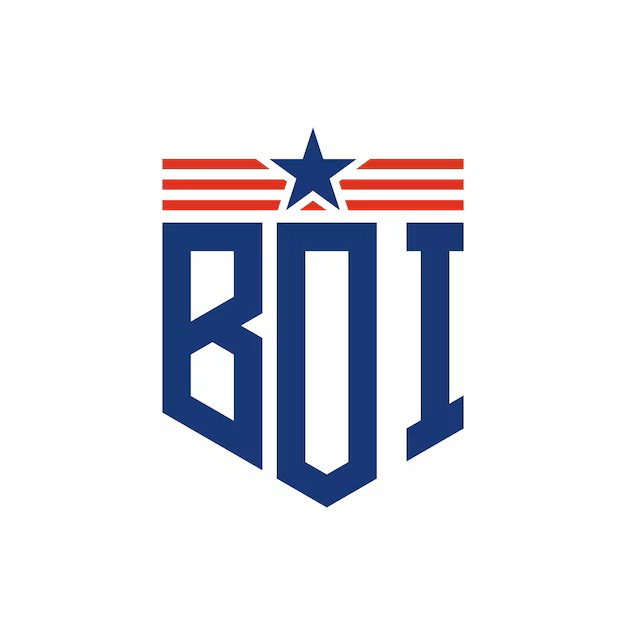
Introduction
As a business owner, staying compliant with financial regulations is crucial. One of the most important updates in recent years is the Beneficial Ownership Information (BOI) Reporting rule under the Corporate Transparency Act (CTA). Effective January 1, 2024, this regulation requires many U.S. businesses to disclose their true owners to the Financial Crimes Enforcement Network (FinCEN). As we move into 2025, understanding BOI tax requirements is essential to avoid penalties and stay on the right side of the law.
What is BOI Reporting?
BOI reporting mandates that businesses submit details about their beneficial owners—individuals who own or control at least 25% of a company or hold significant decision-making power. This initiative aims to enhance transparency in business ownership structures and prevent financial crimes.
Required Information:
- Full legal name
- Date of birth
- Residential address
- Unique identifying number (from a passport, driver’s license, or other government-issued ID)
- A copy of the identification document
Who is Required to File?
Most businesses registered in the U.S. must comply with BOI reporting, including:
- Limited Liability Companies (LLCs)
- Corporations
- Foreign entities registered to do business in the U.S.
Exemptions:
Some entities are exempt from BOI reporting, such as:
- Publicly traded companies
- Large operating businesses with over 20 full-time employees and more than $5 million in gross revenue
- Regulated entities like banks, insurance companies, and investment firms
Filing Deadlines & Compliance
- For new businesses (formed on or after January 1, 2024): BOI reports must be filed within 90 days of registration.
- For existing businesses (registered before January 1, 2024): The deadline to file is January 1, 2025.
- For updates or corrections: Businesses must submit an updated report within 30 days of any changes in ownership or key information.
How to File BOI Reports
BOI reports must be submitted electronically through FinCEN’s online filing system. As a business owner, I recommend ensuring accuracy in your filings to avoid compliance issues and potential fines.
Consequences of Non-Compliance
Failing to comply with BOI reporting requirements can result in severe penalties, including:
- Civil penalties of up to $500 per day for continued violations
- Criminal fines up to $10,000
- Imprisonment for up to 2 years for willful non-compliance
How BOI Reporting Relates to Taxes
Although BOI reporting is not directly a tax, it plays a crucial role in tax enforcement. The IRS and other financial authorities use this data to track business ownership and prevent tax evasion. Ensuring that your BOI report aligns with your tax filings can help you avoid discrepancies that may lead to audits or legal scrutiny.
Staying ahead of regulatory changes like BOI reporting is essential for business owners. If you found this guide helpful, share it to help others stay informed!


